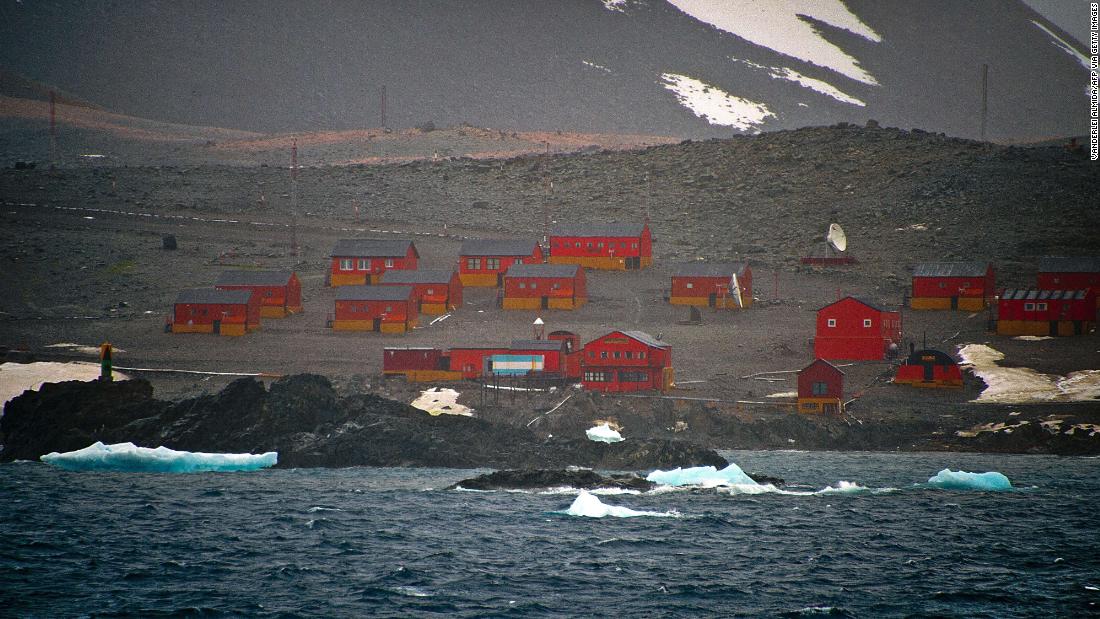Antarctica breaks record for hottest temperature ever recorded

A few minutes every morning is all you need.
Stay up to date on the world's Headlines and Human Stories. It's fun, it's factual, it's fluff-free.
Antarctica, Earth’s southernmost continent known for its perpetually cold temperatures, hit nearly 65 degrees Fahrenheit on Friday. The temperature was recorded at the Esperanza research base on the northern tip of the continent.
According to the World Meteorological Organization (WMO), it is the highest temperature scientists have ever recorded on the continent.
“Everything we have seen thus far indicates a likely legitimate record,” said Randall Cerveny, a WHO researcher in a statement.
The previous high ever recorded at the base was 63.5 degrees Fahrenheit, in 2015. Esperanza started conducting temperature readings in 1965.
Higher temperatures
Researchers say that Antarctica is one of the fastest warming locations on the planet. Over the past 50 years, temperatures have climbed nearly five degrees on average, representing an extremely significant change.
The WMO says that around 87 percent of the glaciers on Antractica’s western coast have receded over that 50 year span, with accelerated melting taking place over the past eight years.
NASA says that the Earth’s polar regions are warming at a rate faster than other areas on the planet because atmospheric energy is naturally carried to the poles by the planet’s weather systems.
As climate change increases the Earth’s temperatures, the problem is exacerbated.
Problems ahead
The polar regions, while unsuitable for regular human habitation, are still very important for humanity’s survival.
Glaciers, which are large bodies of dense ice accumulated over centuries, cover some ten percent of the Earth’s surface and hold around 69 percent of the world’s freshwater. Increasing temperatures, however, are causing these glaciers to melt, considerably increasing sea levels.
Not only does this disrupt long standing natural ecosystems, it also endangers the lives of humans living near coastal regions. If the worst effects of rising seas can’t be mitigated, hundreds of millions of people could be displaced.
New research indicates that 150 million people are currently living on land that will be below high-tide lines by the middle of the century.
For Don Perovich, a Dartmouth College geophysicist, the world shouldn’t ignore the threat of rising seas.
“A lot of people think of the Arctic as being a faraway place, but the loss of ice is affecting people now — it’s changing peoples’ lives. It isn’t just a bunch of cold statistics,” he said.
[article_ad]




Comments ()